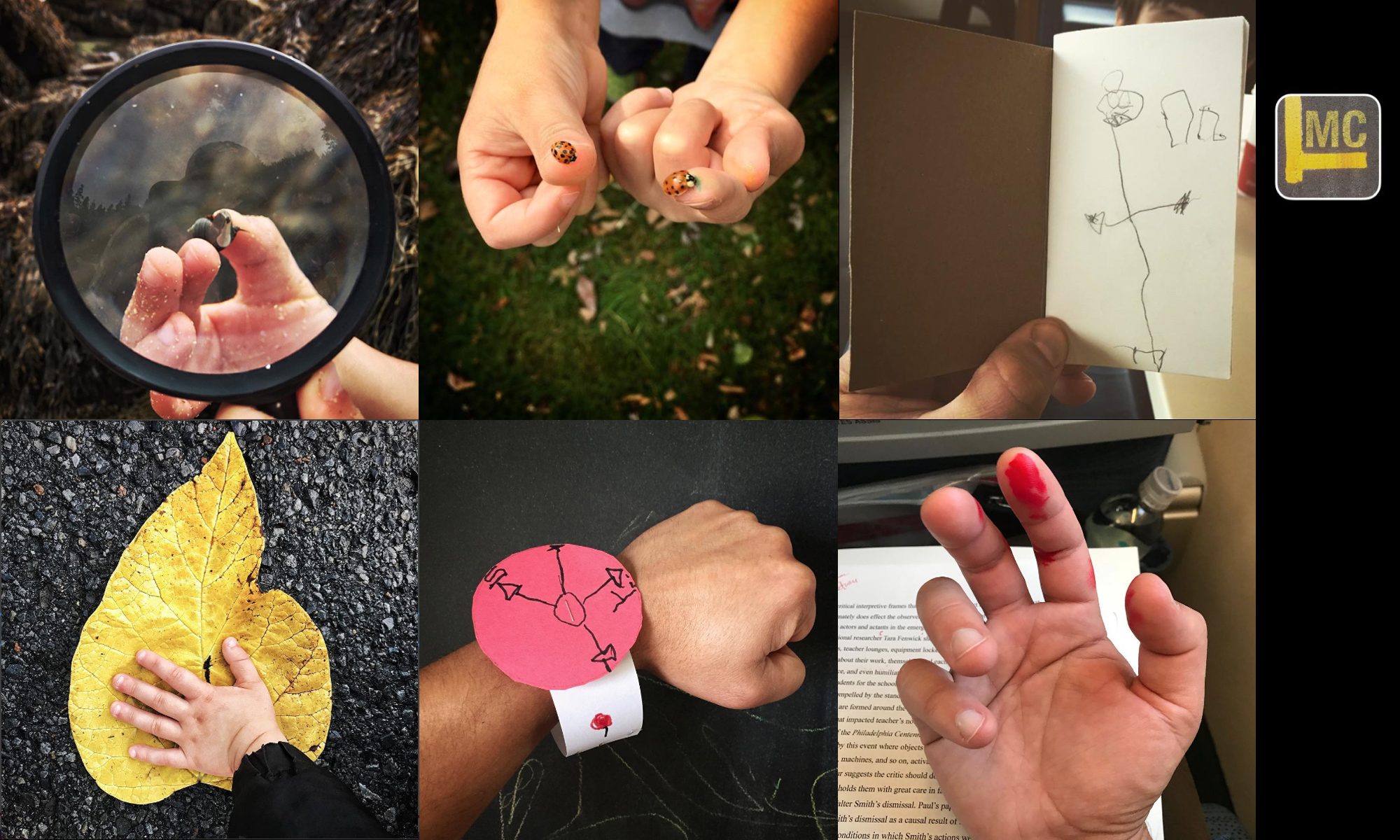In his new book, Juan Carlos Castro says that learning on a mobile phone gives youth a sense of agency they lack in a traditional classroom
Last spring, Juan Carlos Castro, associate professor and chair of the Department of Art Education at Concordia, penned an opinion piece in the Montreal Gazette that questioned reopening schools during the COVID-19 pandemic.
“The future of education in the next few years will be a hybrid of what we used to know and what we’re experiencing right now,” Castro wrote.
Such a shift demands a whole new level of infrastructure in terms of hardware and internet access, he argued.
“It requires that teachers be trained in using these new tools for learning. There needs to be a more unified commitment to online learning. Trying to bring teachers up to speed in the four to five days in August won’t cut it.”
When it comes to teaching students remotely outside the classroom, Castro has keen insights, which the visual art researcher and educator explains in his new book, Mobile Media In and Outside of the Art Classroom: Attending to Identity, Spatiality, and Materiality.
As the debate continues to rage about the reopening of schools, Castro sat down for a brief and candid Q&A about his book and the future of schooling.
Read the entire article here: Concordia.ca
